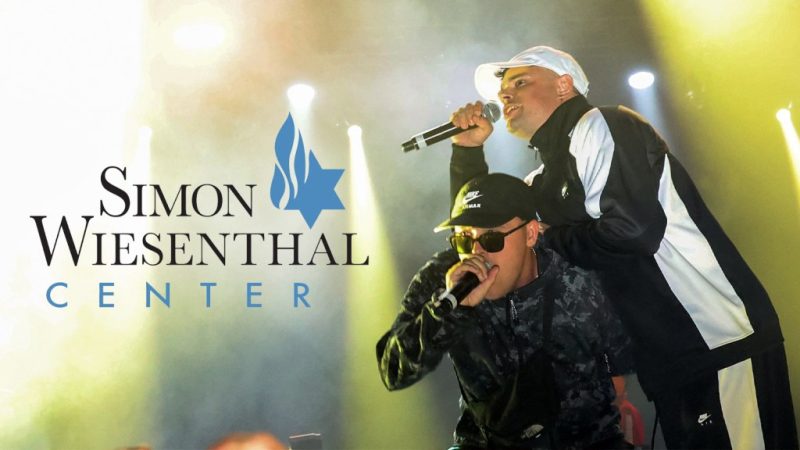
The Coachella Valley Music and Arts Festival, known for its eclectic mix of music and art, found itself embroiled in controversy this weekend thanks to Irish rapper Kneecap. His performance, which featured the message “F*ck Israel, Free Palestine” and related imagery, ignited a firestorm of reaction, with prominent organizations swiftly condemning the display.
The Simon Wiesenthal Center, a leading Jewish human rights organization, was among the first to denounce Kneecap’s actions, labeling the message a “cry for hate.” The Center, known for its strong stance against antisemitism and hate speech, argued that the message promoted hostility and incited prejudice against Israelis. This condemnation highlights the sensitive nature of the Israeli-Palestinian conflict and the potential for such pronouncements to escalate tensions.
While the performance sparked outrage among some, it also garnered support from others who viewed it as a form of political expression. The incident raises complex questions about freedom of speech, artistic expression, and the responsibility of artists to consider the impact of their work on diverse audiences. The line between artistic expression and hate speech remains a blurry one, particularly in the charged context of the Israeli-Palestinian conflict.
Coachella itself has yet to issue an official statement regarding the controversy. However, the incident underscores the challenges faced by large-scale events in balancing artistic freedom with the potential for offensive content to cause harm and incite division. The incident serves as a reminder of the ongoing debate surrounding the intersection of politics, art, and public spaces. The controversy surrounding Kneecap’s performance is likely to continue to fuel discussion about the responsibilities and limitations of artistic freedom in the age of social media and heightened political polarization.










